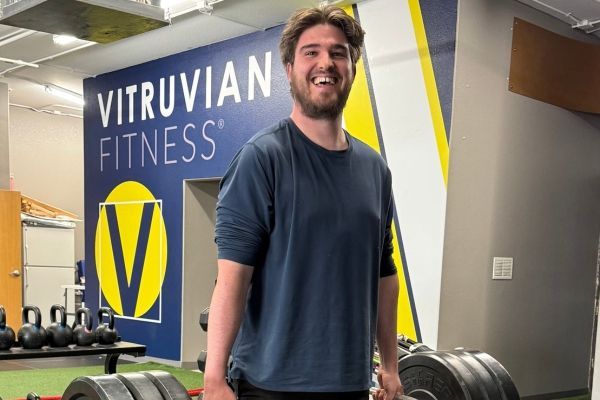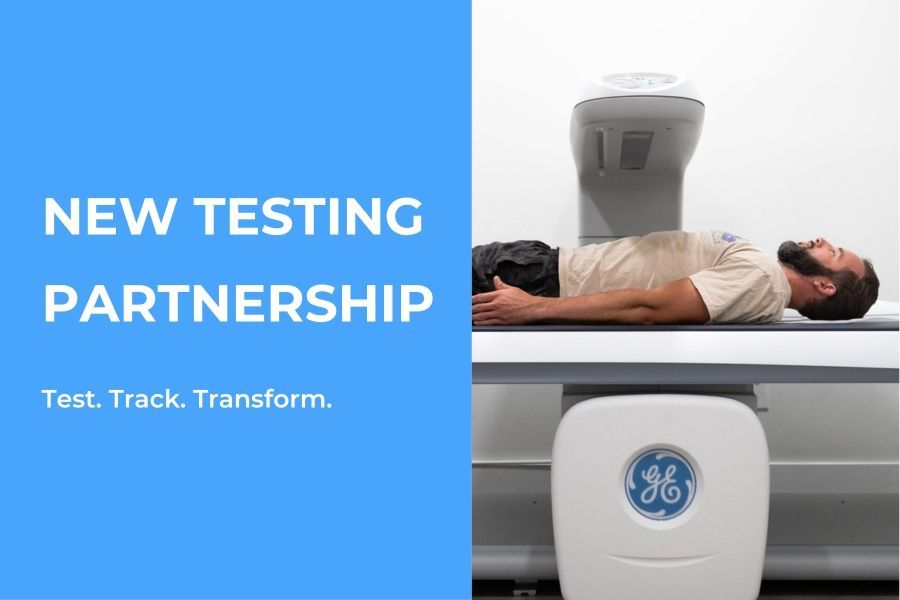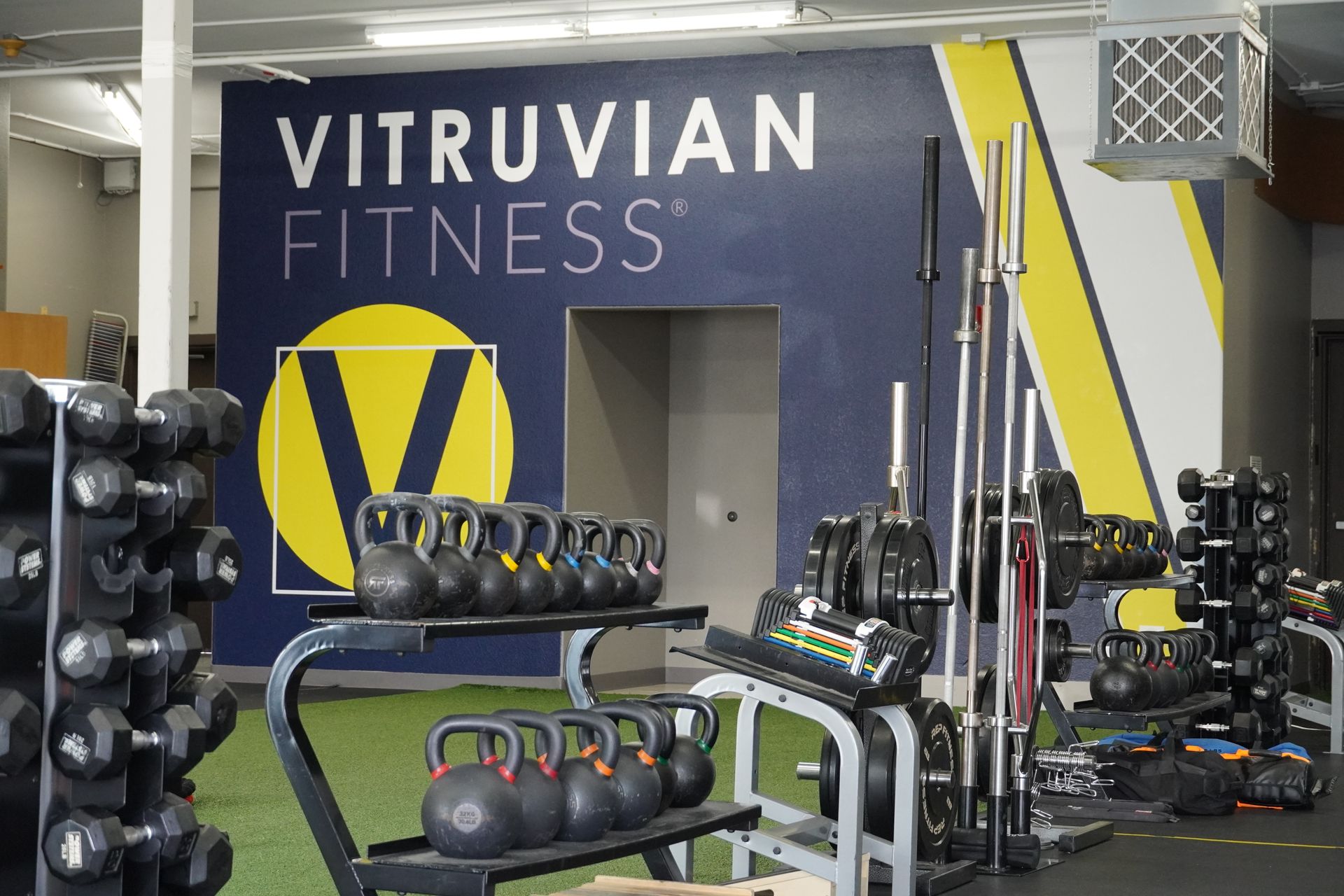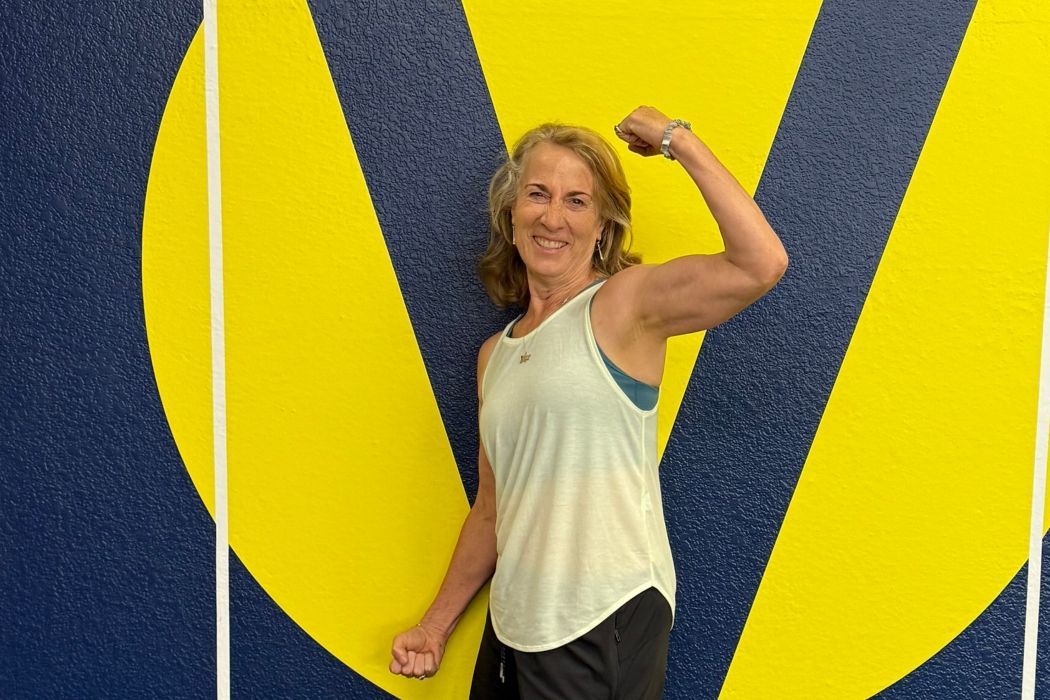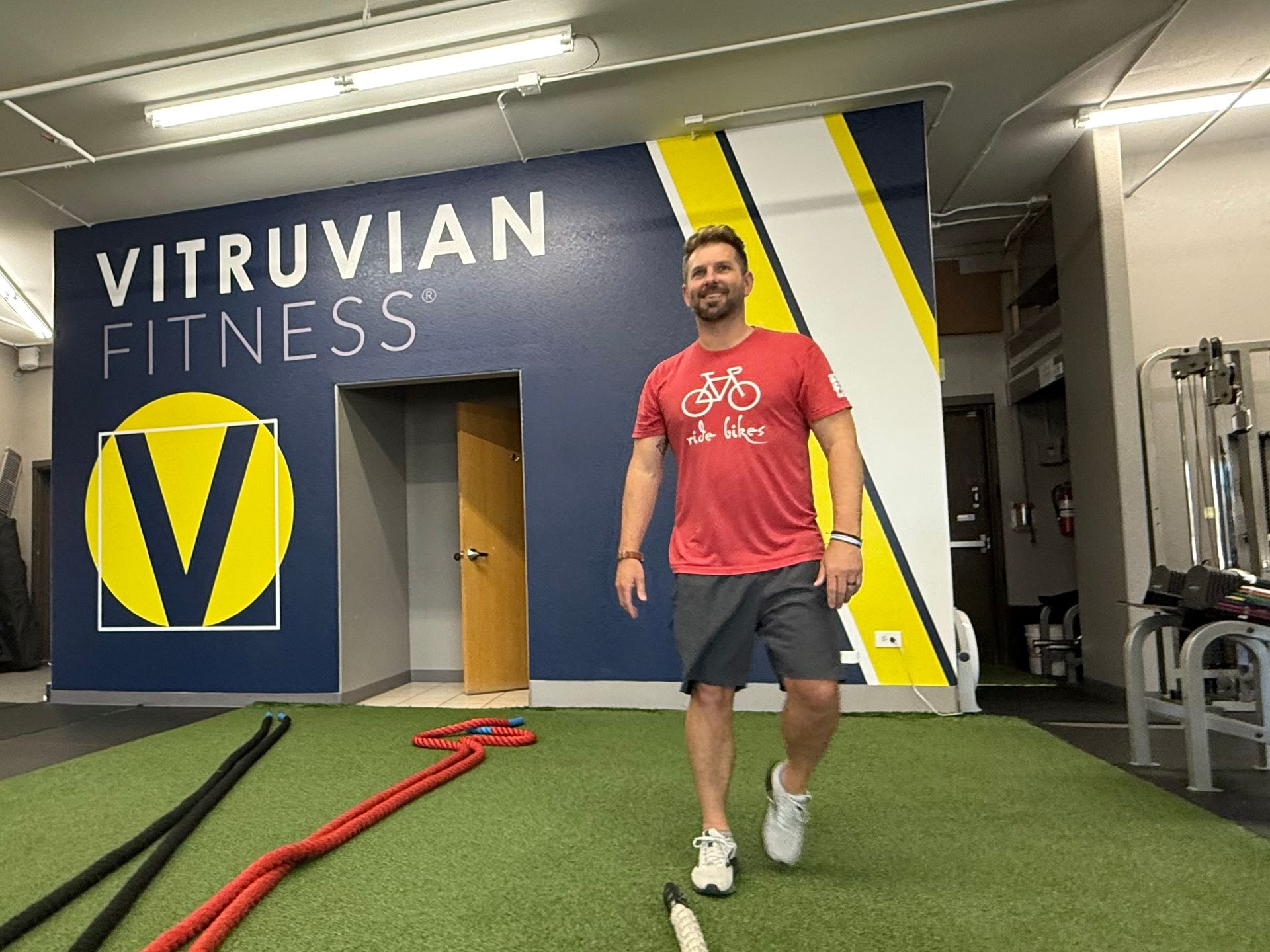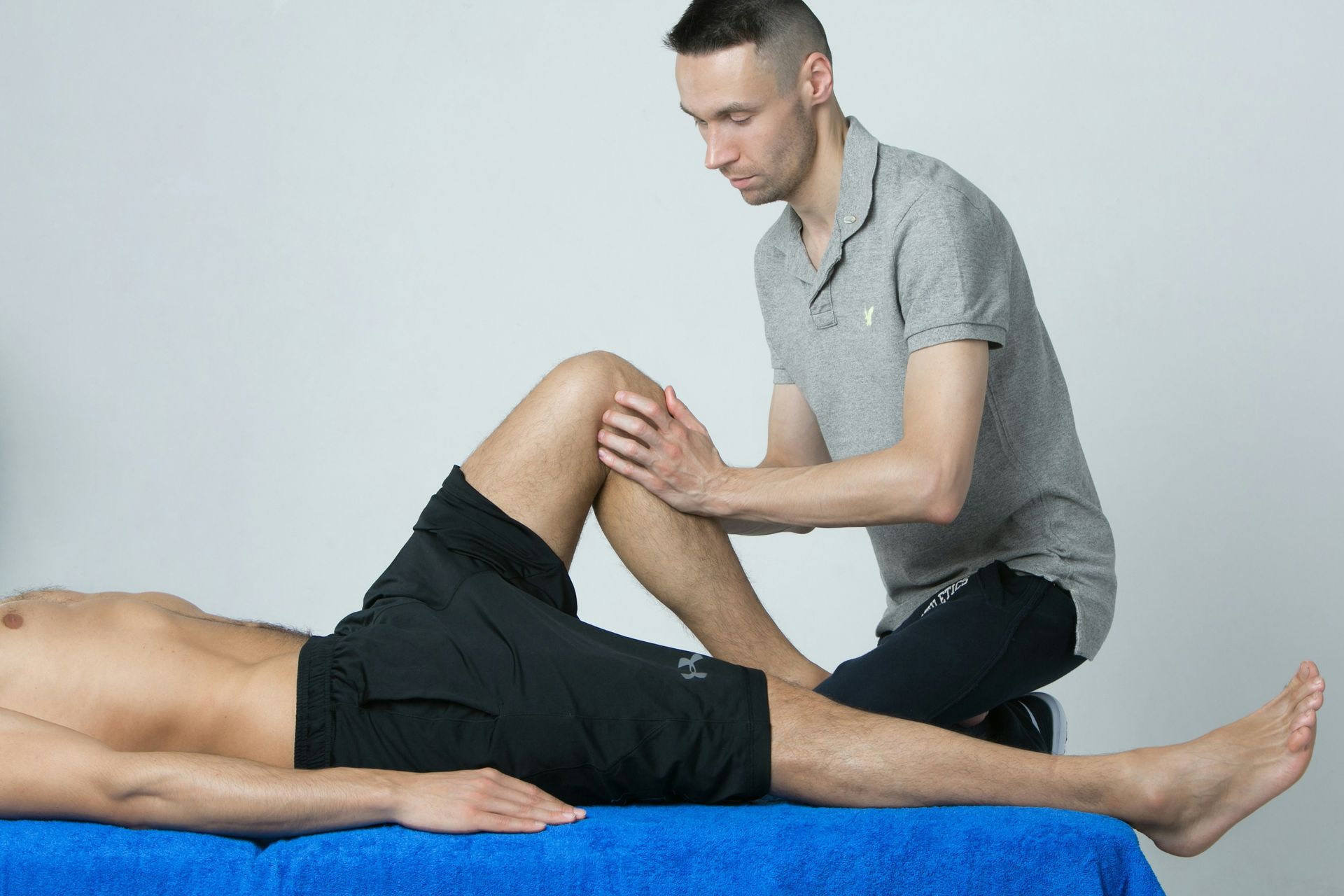The Functional Movement Screen
New-Client Onboarding
As part of our new-client onboarding experience, we take a detailed history of your health, catalog any injuries from the past or present, discuss a variety of other exercise-readiness issues and perform a qualitative movement screen called the FMS. All this to make sure we understand what makes you unique and special – so your workouts are not too easy and not too hard from the get-go. It’s the Goldilocks of exercise programming – just right.
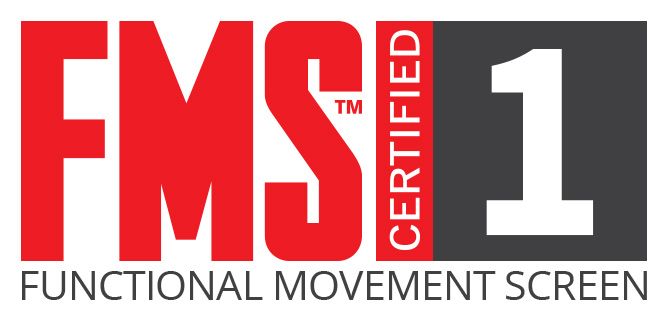
It's starts with a story about a car.
Picture your car parked in the garage. In this scenario, you work from home. And because you work from home, you don’t know that the front-end of your car is out of alignment. If your car is just parked in the garage and you never drive it, it doesn’t actually matter that the wheels are out of alignment. Right?
Now let’s say you do use the car but only for occasional short trips to the 7-11 a couple blocks away to buy beer and cigarettes. In this case, it probably still doesn’t matter much.
But now let’s imagine you get a sweet new job that means you commute on the highway 15 miles each direction every day. Well now the fact that your front-end is out of alignment matters quite a lot. Now you’re driving at highway speeds, 30 miles per day, 5 days per week.
After a couple weeks of ignoring the problem, the consequences of the misalignment become evident. At first, it’s uneven tire wear. And then the shock absorbers and steering parts quit handling like they used to. And then other stuff breaks and then it’s this, and then it’s that. The repair bills get more expensive the longer you ignore the situation and all this could have been easy and inexpensive to repair had you just fixed the alignment to begin with.
It's not actually a story about a car.
Now let’s imagine that the sweet new job is a metaphor for a new exercise program and that car is a metaphor for your body. Before you start doing a lot of new exercises, we recommend checking out how well your body and all its moving parts move.
The Functional Movement Screen
Introducing: The Functional Movement Screen, aka the FMS: a quick and simple way to evaluate how well your moving parts move.
The Functional Movement Screen is a screening tool designed to assess movement patterns in individuals. It consists of a series of seven fundamental movement patterns that are evaluated through specific tests. These movement patterns include squatting, lunging, reaching, bending, and others. The purpose of the FMS is to identify movement dysfunctions, asymmetries, or limitations that may predispose individuals to injury or affect their performance.
The FMS has its origins with the partnership of two physical therapists – Gray Cook (of "Cook Hip Lift" fame) and Lee Burton. While working with young athletes, they observed signs of movement dysfunction that frequently resulted in injuries. The pair created a system that helped identify inefficiencies in movement and a process to correct those inefficiencies before they lead to injuries. Since the mid 1990s, they’ve refined the system and taught it to thousands of health and fitness professionals around the world. We began using the FMS in 2010 when we opened Vitruvian Fitness.
At our new-client onboarding sessions, the FMS is just the beginning of the process. Using the data we collect during the screen, we implement a variety of strategies to help our clients move better, more efficiently, and more safely. And all this leads to stronger, more powerful, more athletic. healthier, and injury resistant members.
To paraphrase Gray Cook, “let’s play to our strengths, work on our weaknesses,” and move forward together to reach even greater heights.
Curious to learn more?
We encourage you to do a 30-Day Trial Membership. In 30 days, you will get a 1-on-1 introductory onboarding session with Functional Movement Screen® plus 8 completely customized strength training sessions doing the program we design based on that first session. And you’ll get to be a part of one of the most inviting, inclusive, and fun communities you’ll find anywhere. At the end of your trial, you get to decide if you liked it and if you want to continue with a regular 6-month membership. All the options and prices are on our Membership page.
You might also enjoy these posts . . .
